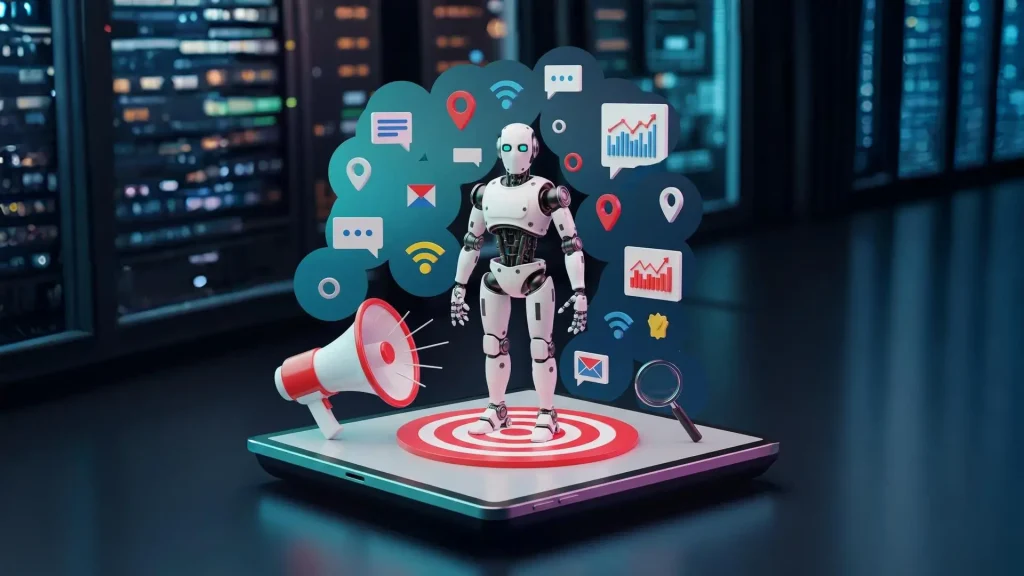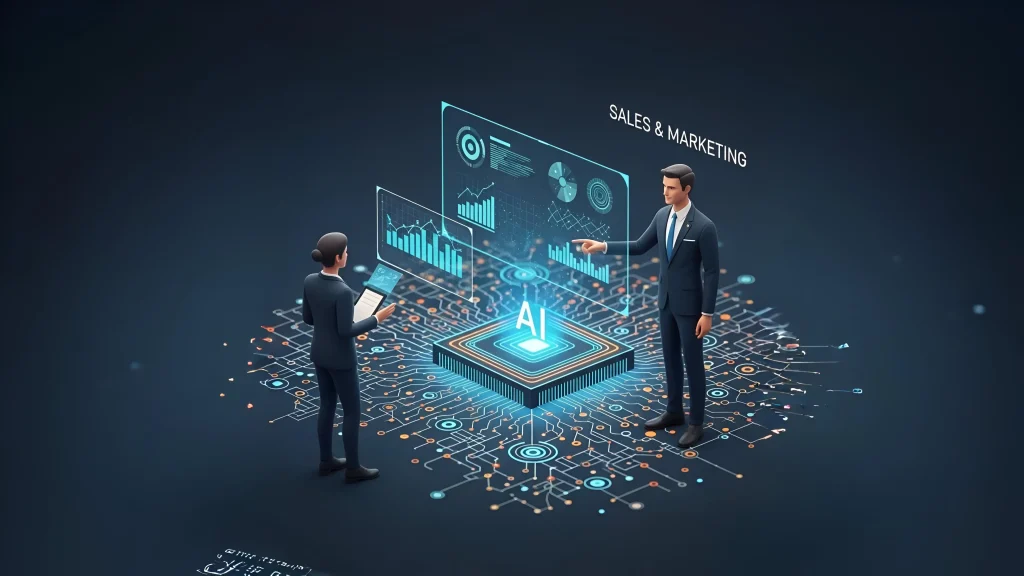OpenAI Launches Codex
OpenAI has unveiled Codex, a groundbreaking AI coding agent that signals a pivotal shift in how developers interact with software development tools. Integrated within ChatGPT, Codex is now available in research preview for Pro, Enterprise, and Team users, with plans to expand to Plus and Edu tiers in the near future. Positioned at the forefront of AI tools, Codex is more than a simple assistant—it’s designed as a capable virtual teammate that can independently tackle coding tasks in real-time.
A New Generation of AI Coding Tools
Codex is powered by codex-1, a refined version of OpenAI’s o3 reasoning model, tailored specifically for software engineering. This model has been optimized using reinforcement learning on real-world programming tasks, enabling it to generate cleaner, instruction-adherent code. It’s capable of running and refining code through iterative testing, significantly improving the reliability of its output compared to previous AI models.
How Codex Works Inside ChatGPT
Developers access Codex through the ChatGPT interface, where the agent operates in a secure, virtualized cloud environment. It connects directly with GitHub repositories, allowing it to preload the developer’s codebase. Each coding task—whether it’s writing a feature, fixing bugs, or running tests—executes in its own sandboxed environment. Tasks are initiated via simple prompts followed by clicking “Code” or “Ask,” and users can monitor progress live within the UI.
Codex as an Autonomous AI Agent
What distinguishes Codex from earlier AI tools is its agentic nature. Rather than providing passive autocomplete suggestions, Codex acts on behalf of the developer to complete tasks independently. This aligns with OpenAI’s broader vision of deploying AI agents that function like collaborators rather than mere tools. Codex can execute commands, navigate code structures, and maintain adherence to coding standards defined in an optional AGENTS.md file.
The Rise of AI Coding in the Industry
The launch of Codex arrives during a surge of interest in AI-powered development. Tools like Claude Code from Anthropic and Gemini Code Assist from Google have shown that the market is rapidly embracing agent-based AI development. Industry leaders suggest that AI now contributes up to 30% of new code written at major tech firms. In this expanding space, OpenAI’s move to integrate Codex directly into ChatGPT signifies its commitment to becoming a dominant player in the AI coding ecosystem.
Real-World Use Cases and Applications
Codex is already being used by engineering teams at OpenAI to manage repetitive development tasks and scaffold new features. Companies like Cisco and Temporal are leveraging the tool to streamline product development and reduce engineering overhead. Other early adopters, such as Superhuman and Kodiak, are incorporating Codex to improve test coverage and manage large-scale refactoring projects.
Security and Transparency Built In
Codex operates entirely within a cloud-based container with no access to the external internet, eliminating a major vector for security concerns. The system provides traceable outputs, including test logs and terminal transcripts, ensuring transparency for each task performed. Codex has also been trained to reject requests to produce malicious software, reinforcing OpenAI’s commitment to ethical AI deployment.
ChatGPT as a Central Hub for AI Tools
Codex is just one part of a growing suite of AI tools available to ChatGPT subscribers. Alongside video generation via Sora and research via Deep Research, Codex strengthens OpenAI’s position as a provider of multi-functional AI agents. With the potential to purchase extra credits for extended use, OpenAI is clearly positioning Codex not only as a development aid but also as a monetizable service layer within its broader ecosystem.
The Future of Agentic AI in Software Engineering
OpenAI’s Agents Research Lead, Josh Tobin, envisions a future where AI coding agents like Codex autonomously perform complex engineering work, drastically reducing the manual burden on human developers. With the software lifecycle shifting toward higher-order tasks like architecture and communication, Codex could allow developers to focus on strategic work while the AI handles the operational load.
Expanding the Definition of “AI OpenAI” Innovation
With the launch of Codex, OpenAI is advancing beyond the confines of traditional large language models. This marks a broader trend within the AI space where the focus is shifting from mere generation to meaningful, goal-driven execution. Codex exemplifies this transformation by integrating semantic understanding, reinforcement learning, and agentic task performance—all while staying grounded in real-world usability.
Final Thoughts: AI Coding Enters a New Era
The arrival of Codex isn’t just a technical milestone—it’s a cultural one. For developers, it redefines what it means to “collaborate” with AI. For businesses, it offers a pathway to faster iteration and leaner development pipelines. And for the broader AI ecosystem, Codex is a strong statement that agentic AI isn’t a futuristic concept—it’s happening now, and it’s here to stay.








Leave a Comment